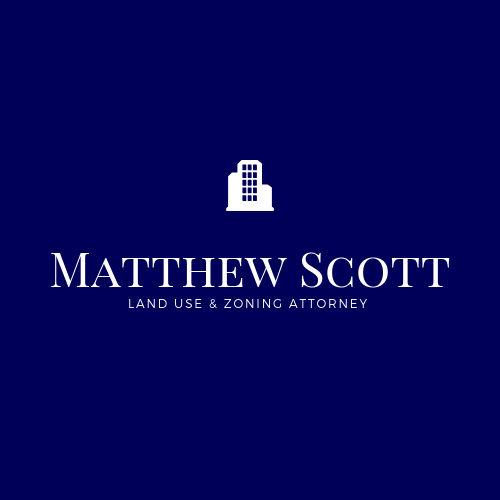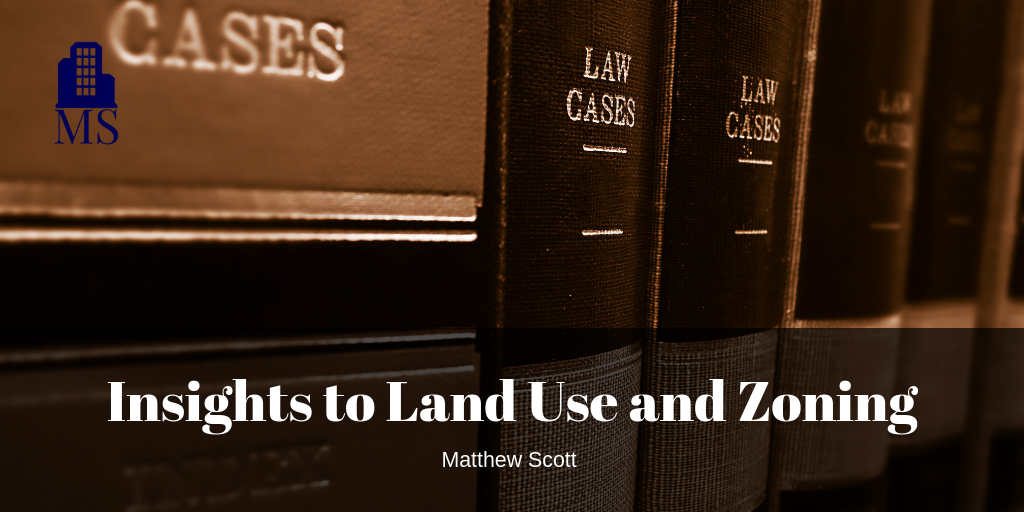Land use and zoning laws are used to regulate the use and development of real estate projects. The government designates different zones for certain uses of land. Zoning can be split into categories such as residential, commercial, industrial, agricultural, rural, combination, historic, and esthetic zoning. Splitting real estate into these zones help regulate restrictions that can be applied to the development of the properties. Regulations include size, placement, density, number of rooms, where utility lines are placed, and height that the structures can be built.
Regulation of Development
Regulating what land is used for is more of a way to develop districts in the future and less about controlling the existing structures. Municipalities will plan what each section will be used for and develop a “master plan” of how the municipality will be arranged. Once planned, it will be put into effect and controlled by zoning ordinances, regulations of subdivision developments, streets plans, and other public facilities. Typically future development bases itself off of the original plan. Recently, planning has been done regional or statewide since it was recognized that the actions of one municipality affect surrounding cities.
Zoning Regulation Limitations
At times, land use and zoning regulations can be controversial since it restricts the rights of the property owners. They may not be able to use their property how they want to. Regulations can be hard to specifically define but courts are holding them permissible if it is reasonable. If it has a relation to the public’s health, safety, comfort, morals, and welfare, the regulations are permissible. Since these factors are subjective, there is room for disagreement and can lead to litigation.
Zoning Regulation Challenges
The government’s power to regulate land use have many restrictions. Many regulations are challenged. The reasoning behind zoning laws is to promote a need for the entire community while still following the “master plan.” Spot zoning can be challenged if the private interests of the owner differ from those of the surrounding properties. These rezoning projects could possible have no correlation with the original plan and current zoning restrictions.
Government Zoning Councils Role
Zoning councils have meetings that help with deciding the specificity of zoning in the community. They consider various factors and once the decisions are made, ordinances are established that lay out the zoning regulations and restrictions for a particular area.
Non-Government Restrictions
Land use and zoning restrictions are not always created by the government. Developers can incorporate certain restrictions in their own developments through the use of restrictive covenants and easements. Restrictive covenants are provisions expressed in a deed that limits the use of the property and can prohibit certain uses. It helps establish a minimum house size, setback lines, and aesthetic requirements that are used to enhance the neighborhood. Easements give the ability to use another person’s land for a specified reason.
About Matthew Scott, Zoning Attorney:
Matthew Scott is a Zoning Attorney in South Florida. With many years of experience, Matthew has acquired experience and expertise in land use and zoning laws. Matthew is passionate about zoning laws because it requires strategic thinking, creativity, and community engagement. Matthew enjoys working with a diverse community of professionals and improving the communities in which we live.

